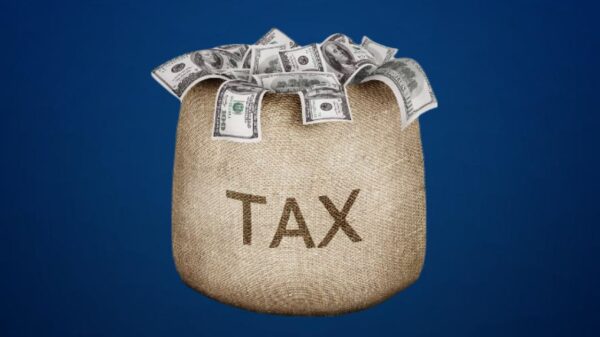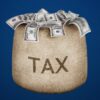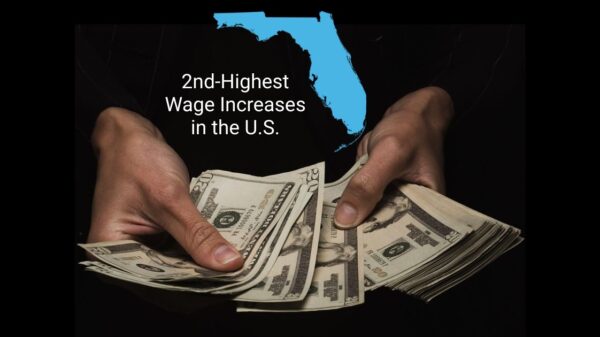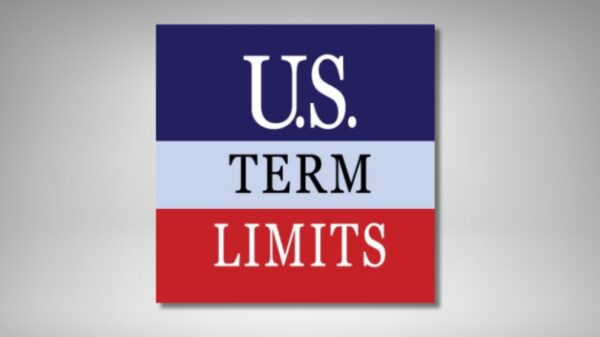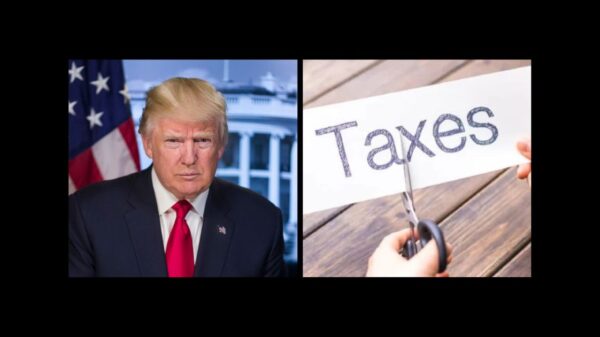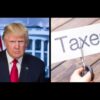In the 2019 Democratic Presidential Primary for president, then-Senator Kamala Harris and the other Democratic candidates were trying to “outdo” each other on liberal proposals that would “guarantee” money for Americans. The plan is known as Universal Basic Income (UBI).
The idea is proposed as a form of social welfare in which all residents of a certain city or location would receive a guaranteed check from the government at the beginning of each month. Democrats have supported various forms of a UBI, claiming it would go to those who do not already receive an income that is enough to live on.
Conservatives have opposed UBI stating it would make people work less and it would not be financially feasible arguing if people get on the government dole, they will work less and less tax revenue will come in for state and local governments.
“The concept of UBI isn’t new,” says economist Peter Earle. Earle is with the American Institute for Economic Research. He says these types of tax experiments were tried in the 1970’s and there was a decline in the hours worked. “The work reduction in hours was higher when the benefit was higher,” said Earle.
A recent study by the National Bureau of Economic Research showed that if the government were to give U.S. citizens a guaranteed income of $1,000 per month, people would work less and make less.
Earle says this plan was enacted during and after the COVID shutdowns when spending bills passed that paid people to not go back to work.
In the 1990’s Republicans said welfare kept people poor and that led to a bi-partisan success, when former President Bill Clinton signed into law welfare reform. The bill laid out timetables for people to get off the system and it saw a massive increase in employment.
“The term Universal Basic Income may not sell with voters. Instead, Democrats may try to use a different approach calling it “Freedom Dividend,” or something like that, as they did back in 2019,” said Earle.







